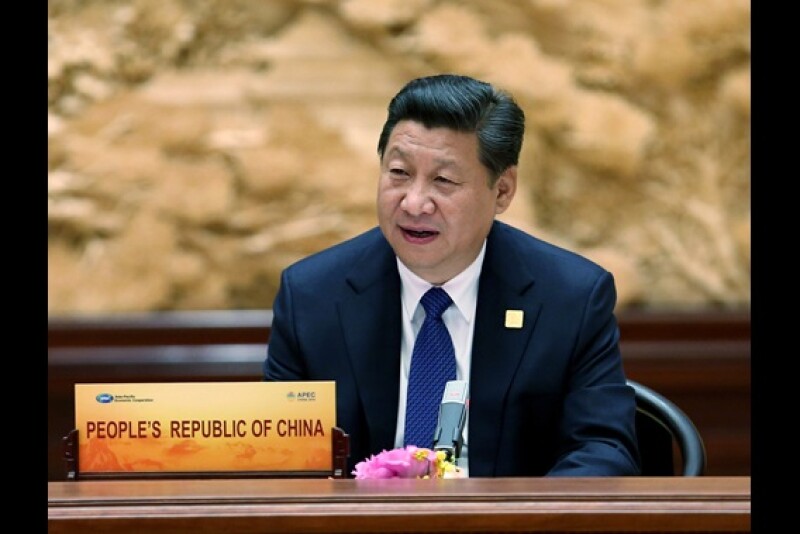
|
President Xi Jinping of China. Though there are concerns about growing tensions between China and the US, the two announced agreements on issues such as climate change during the APEC summit, though no IP-related announcements were forthcoming. Photo: Xinhua/Pang Xinglei |
The APEC summit, which concluded yesterday, came at a time when multinationals are expressing growing concerns about the business environment in China, the host of this year’s meeting.
Many of the complaints are not new. In the US Business Council’s 2014 Business Environment Survey, the list of the most pressing concerns will sound familiar: competition (and specifically unfair competition) from Chinese companies ranks as the top worry, followed by IP protection. Other concerns include issues such as rising costs, uneven enforcement of the law and transparency issues.
Overall, the survey notes that though US companies are still optimistic about the Chinese market, that optimism has been tempered: 85% of respondents say that they are either optimistic or somewhat optimistic about their five-year outlook on China, a number that has declined slightly each of the last five years. Also worth noting is that, while 57% of respondents to the 2010 survey said they were optimistic about the China market, only 31% expressed the same view this year.
Many of the concerns flagged by US companies implicate concerns about IP protection in China. For example, rights holders have long argued about what they perceive as favouritism for Chinese companies in areas from enforcement to court disputes. Similarly, uneven enforcement of laws and lack of transparency also implicate IP concerns. In fact, in the increasingly important area of competition law and IP, there have been allegations that a disproportionate number of cases are being directed at multinationals. Similarly, a lack of transparency about the scope of the enforcement authority of competition law cases as well as how investigations are conducted have resulted in considerable confusion.
While IP-related issues continue to be a top priority for US companies (and likely those from other countries as well), there is little indication that there was much if any substantive discussions on this front, though President Obama did raise the topic in his speech on Monday. In fact, given reports of increasing tensions between China and the US, there may have been some pessimism about whether the countries would be able to come to any agreements of any sort, though this was clearly not the case.
However, even though there were no IP-related announcements stemming from the APEC summit (other than a generic declaration about the importance of intellectual property and innovation), there may have been discussions that will lead to agreements down the road. President Obama is reported to have used the summit as an opportunity to build support for the Trans-Pacific Partnership, the free trade agreement that contains several controversial IP-related provisions. And, given the persistent and arguably growing concern about IP enforcement from the business community, it would not be surprising if there were at least some discussions about these issues.









